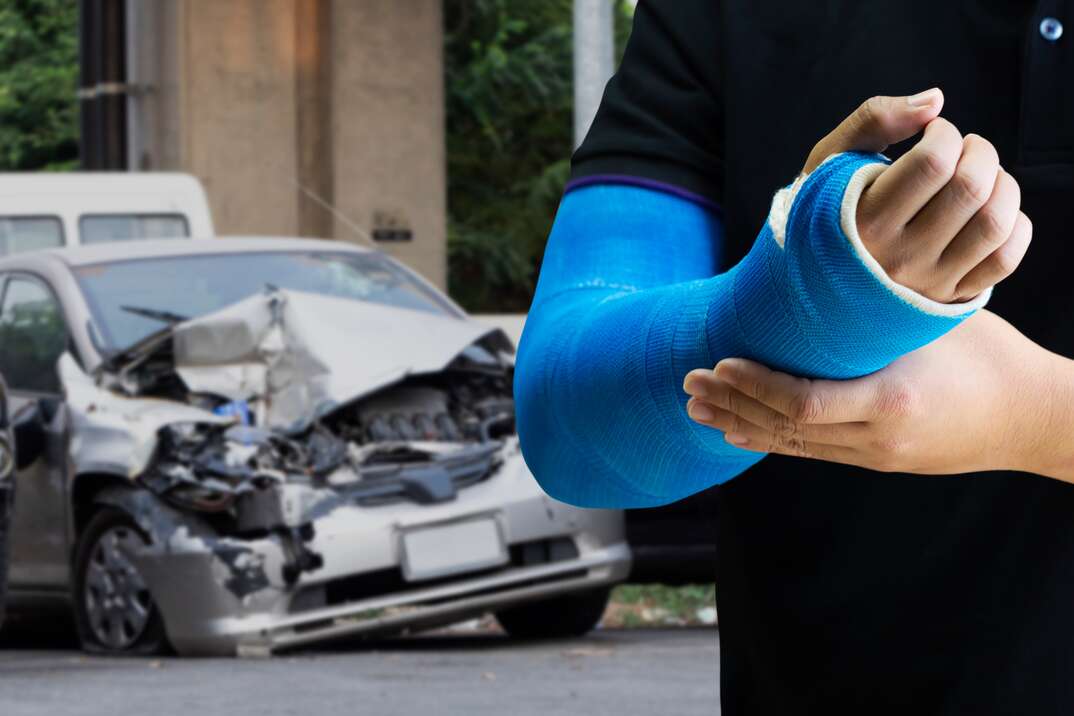What Is Criminal Negligence?

The concept of negligence is usually related to personal injury and other civil law cases, which is slightly different from criminal negligence. Negligence refers to someone's actions or nonaction if either of those is careless in some way and not in keeping with what you might expect a reasonable person to do.
For example, someone who runs a red light despite oncoming traffic is negligent. That action is careless, and there's an expectation that a reasonable, qualified driver wouldn't put others in danger by running the light. A landlord who knows the entryway steps to their property are damaged but doesn't act to repair them is negligent if someone is injured because of that damage.
The examples above relate to civil negligence. In these cases, if the injured party files a lawsuit, they may win compensation from the negligent party.
Is Negligence a Crime?
Negligence itself is not a crime. Most cases of negligence are treated as a component of what's called tort law, which means any legal matters associated with them play out in civil court.
However, it is possible to be criminally negligent. In some cases, this is also referred to as gross negligence or culpable negligence.
Exact criminal negligence definitions can differ under various state laws, but the overall concept is that someone who's criminally negligent acted with a more extreme recklessness, ignoring the potential for serious harm their actions might bring about.
However, criminal negligence doesn't usually involve purposefully causing injuries. For example, if someone is speeding to an excessive and dangerous degree — driving at a speed that a reasonable person would believe is highly likely to cause an accident — and otherwise moving in and out of lanes, they might be criminally negligent for an accident. They don't need to have any intentions of causing an accident.
What Are Some Examples of Criminal Negligence?
Some examples of criminal negligence include:
- Operating a vehicle in such a reckless and careless manner that it causes serious injury or death to another person
- Acting — or failing to act — in such a way that puts a child in serious danger, especially if the negligent person is in a caregiver role
- Keeping a known dangerous dog on a property without appropriately restraining it or posting warnings to people that the dog is on the property
- Storing firearms in a negligent way that increases the risk of a fatal accident
More Related Articles:
- When Do You Need a Lawyer? Determine If You Need to Hire an Attorney
- What Is a Class-Action Lawsuit?
- What Is a Misdemeanor?
- What to Do After a Car Accident
- What Is Power of Attorney?
Is Criminal Negligence a Felony?
Criminal negligence can be charged as a misdemeanor or a felony. The facts of the case, the outcome of the negligence and the laws of the state in question are all factors in whether criminal negligence might be a felony. Commonly, if the criminal negligence caused a death, it may result in a manslaughter or homicide charge, and these are usually felonies.
What Sets Criminal Negligence Apart From Recklessness?
Recklessness is a descriptor of someone's behavior. It tends to imply that they were aware of the potential negative outcomes and carried forward with the action — or lack of action — anyway. Some states and courts look at criminal negligence and recklessness as two different levels, with recklessness considered to be a more serious crime. Other courts and states don't differentiate between these two levels.
The penalties for a conviction on criminal negligence charges also depend on the state you're in and the facts of the case. Some common outcomes can include paying fines, spending time on probation or spending time in jail or prison. If you are facing criminal negligence charges, it's a good idea to speak to a criminal law attorney to find out what your options for a defense might be.
Elocal Editorial Content is for educational and entertainment purposes only. The information provided on this site is not legal advice, and no attorney-client or confidential relationship is formed by use of the Editorial Content. We are not a law firm or a substitute for an attorney or law firm. We cannot provide advice, explanation, opinion, or recommendation about possible legal rights, remedies, defenses, options or strategies. The opinions, beliefs and viewpoints expressed by the eLocal Editorial Team and other third-party content providers do not necessarily reflect the opinions, beliefs and viewpoints of eLocal or its affiliate companies. Use of the Blog is subject to the
Website Terms and Conditions.The eLocal Editorial Team operates independently of eLocal USA's marketing and sales decisions.



